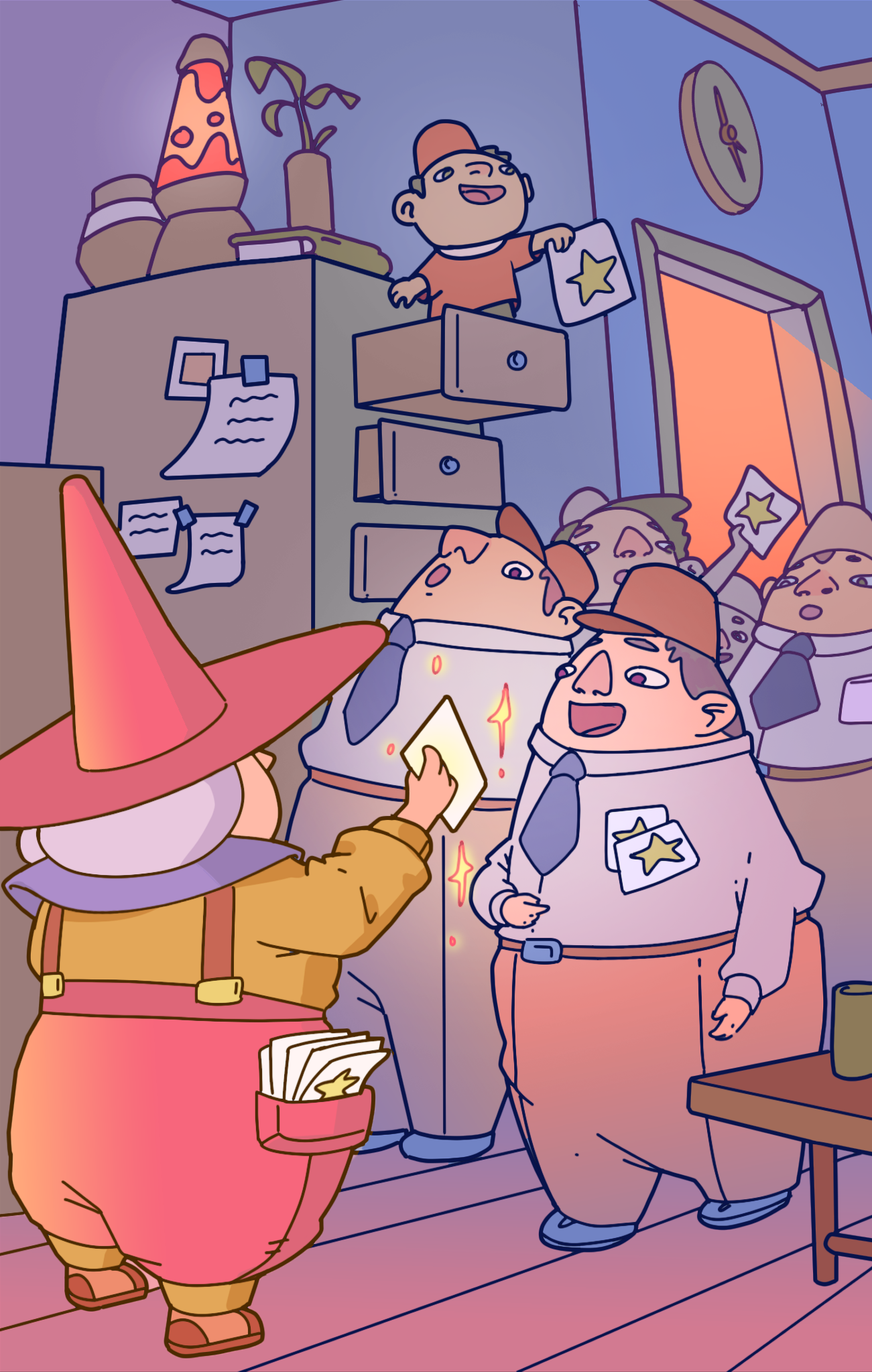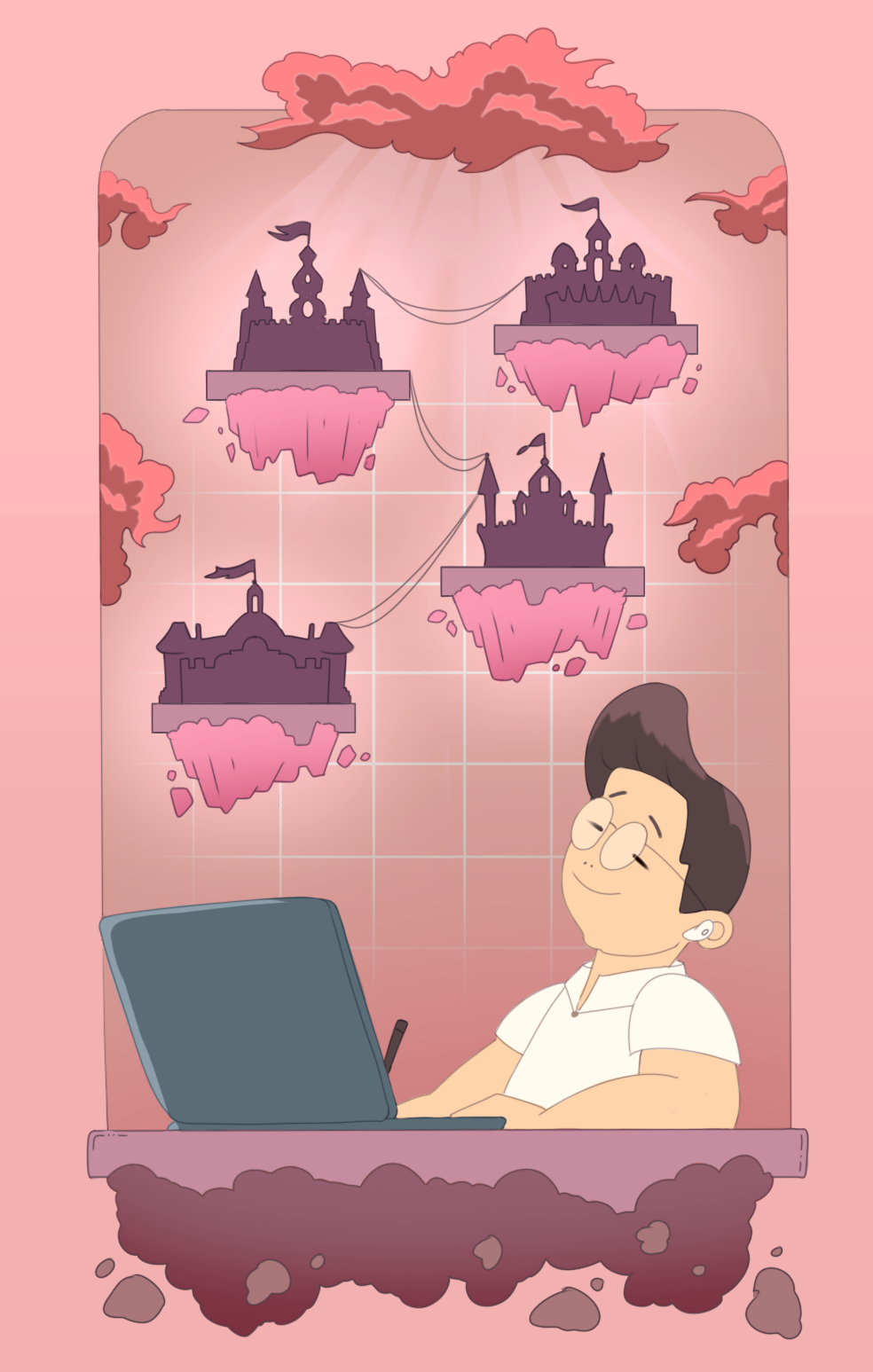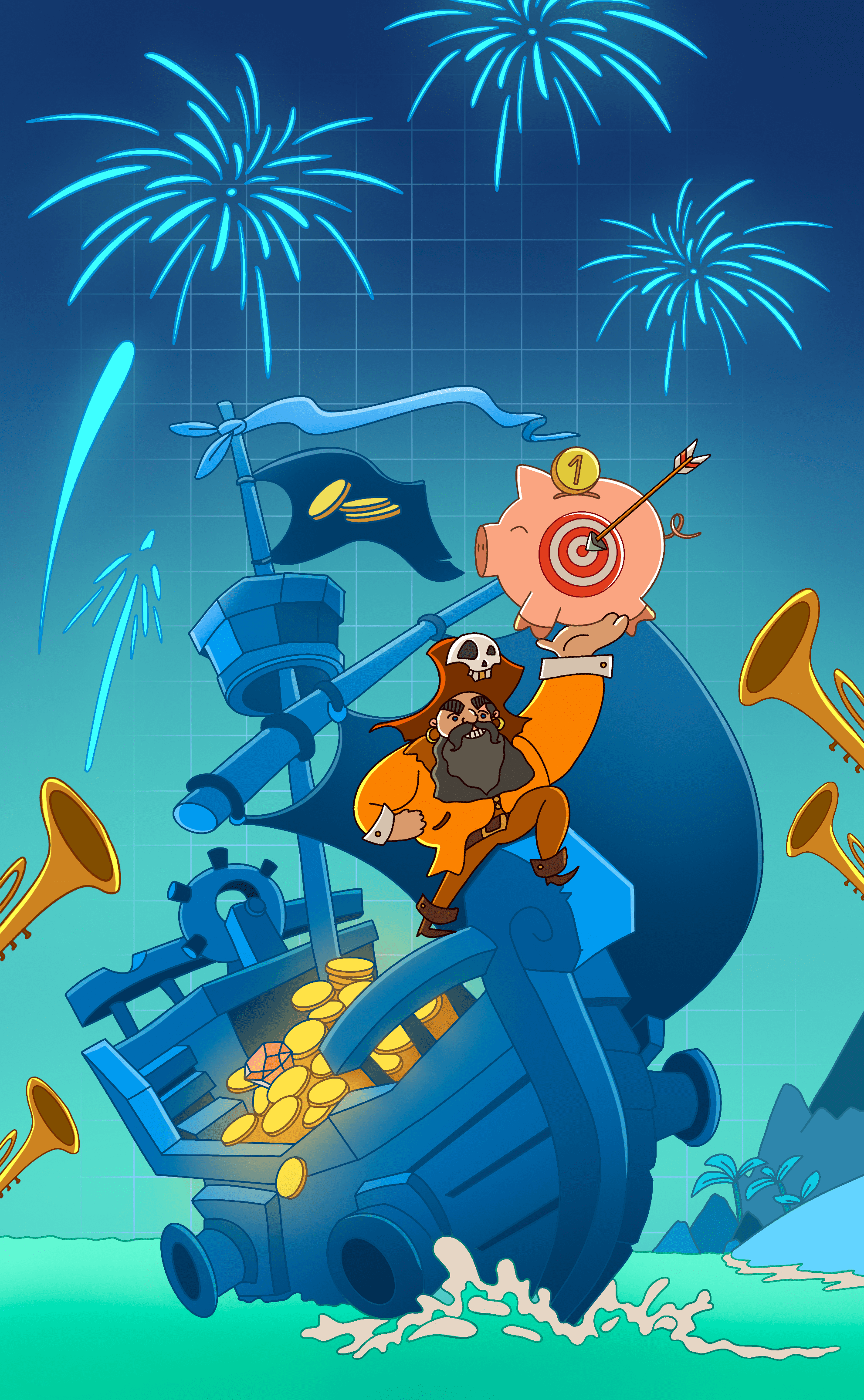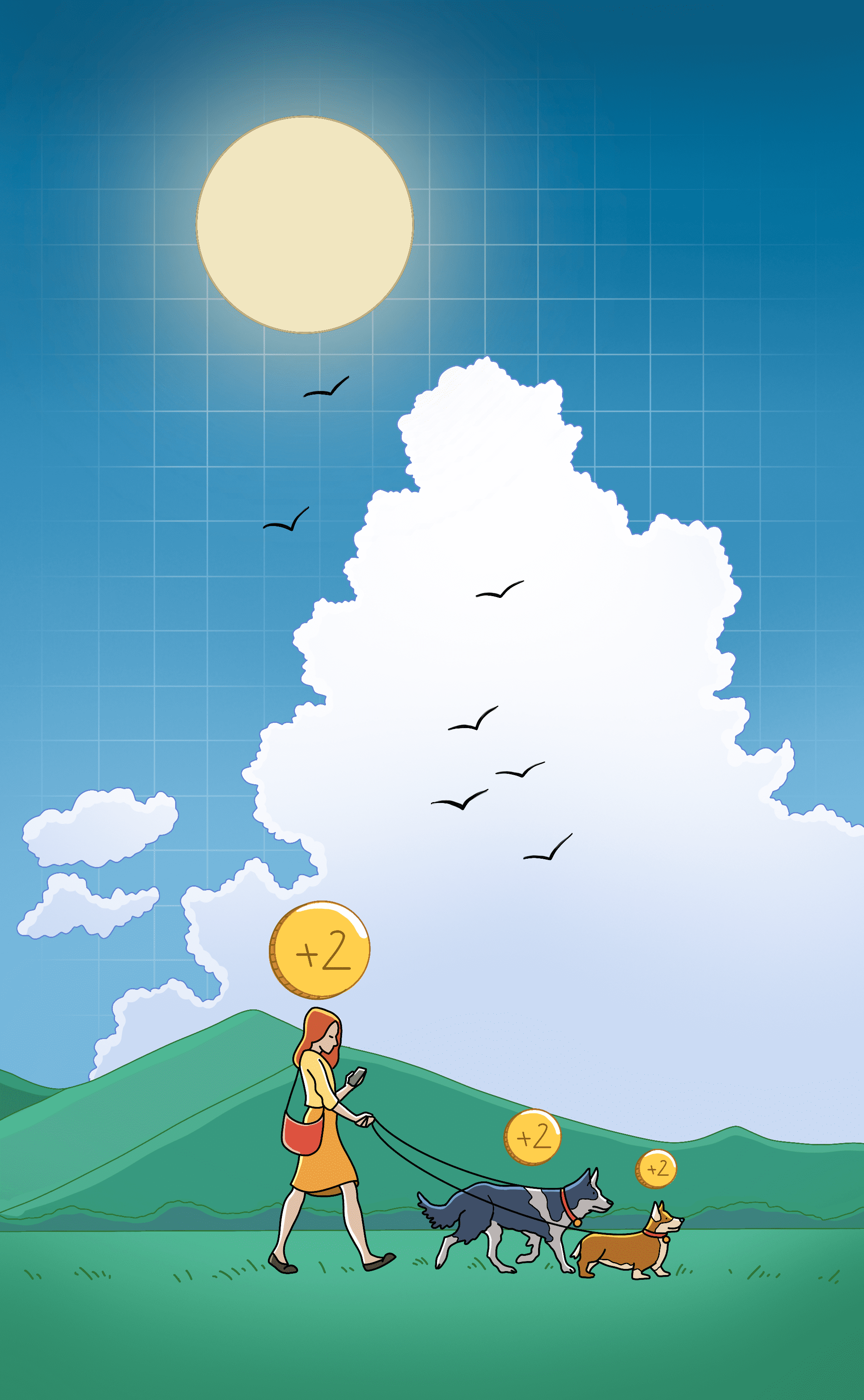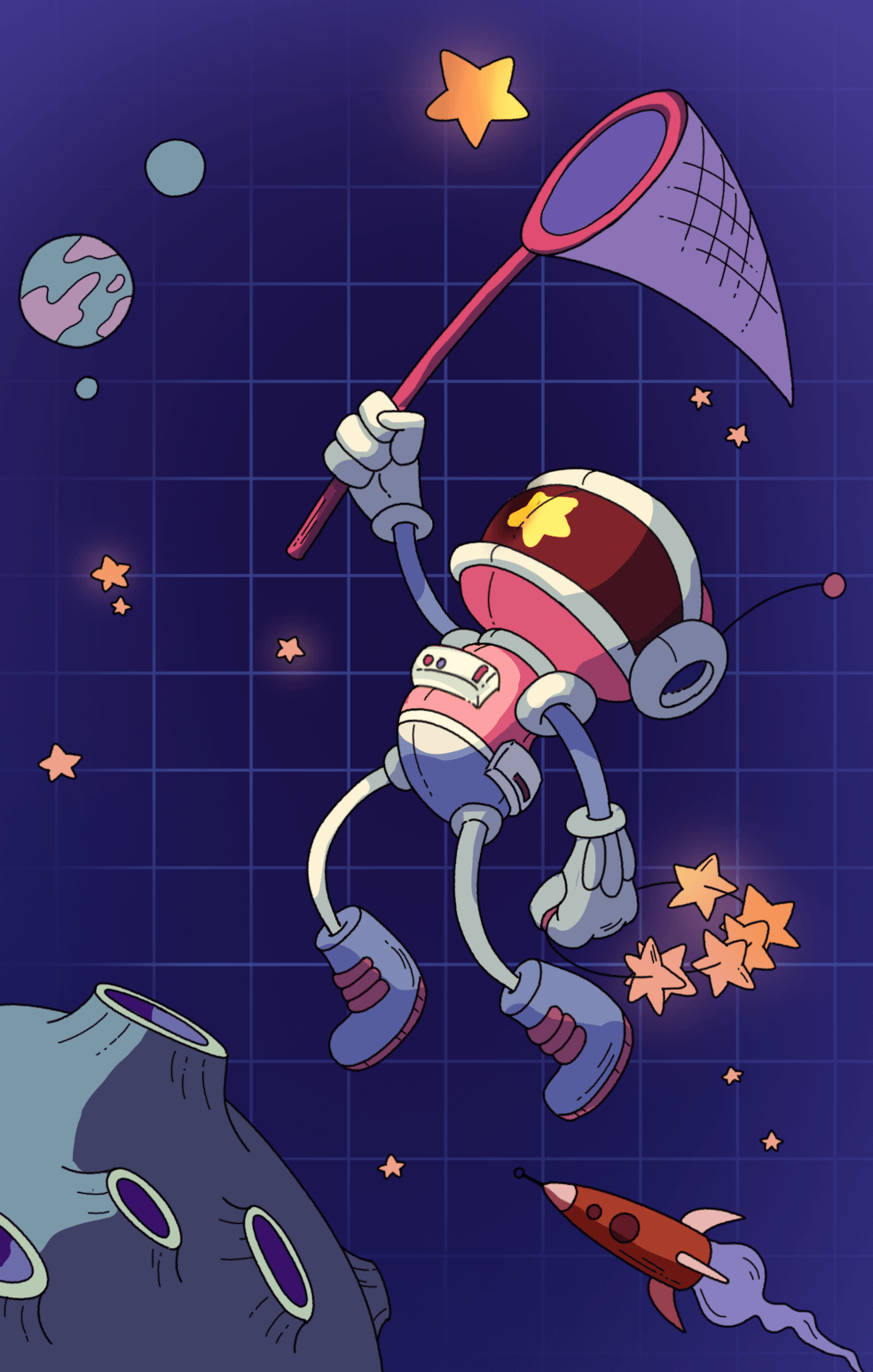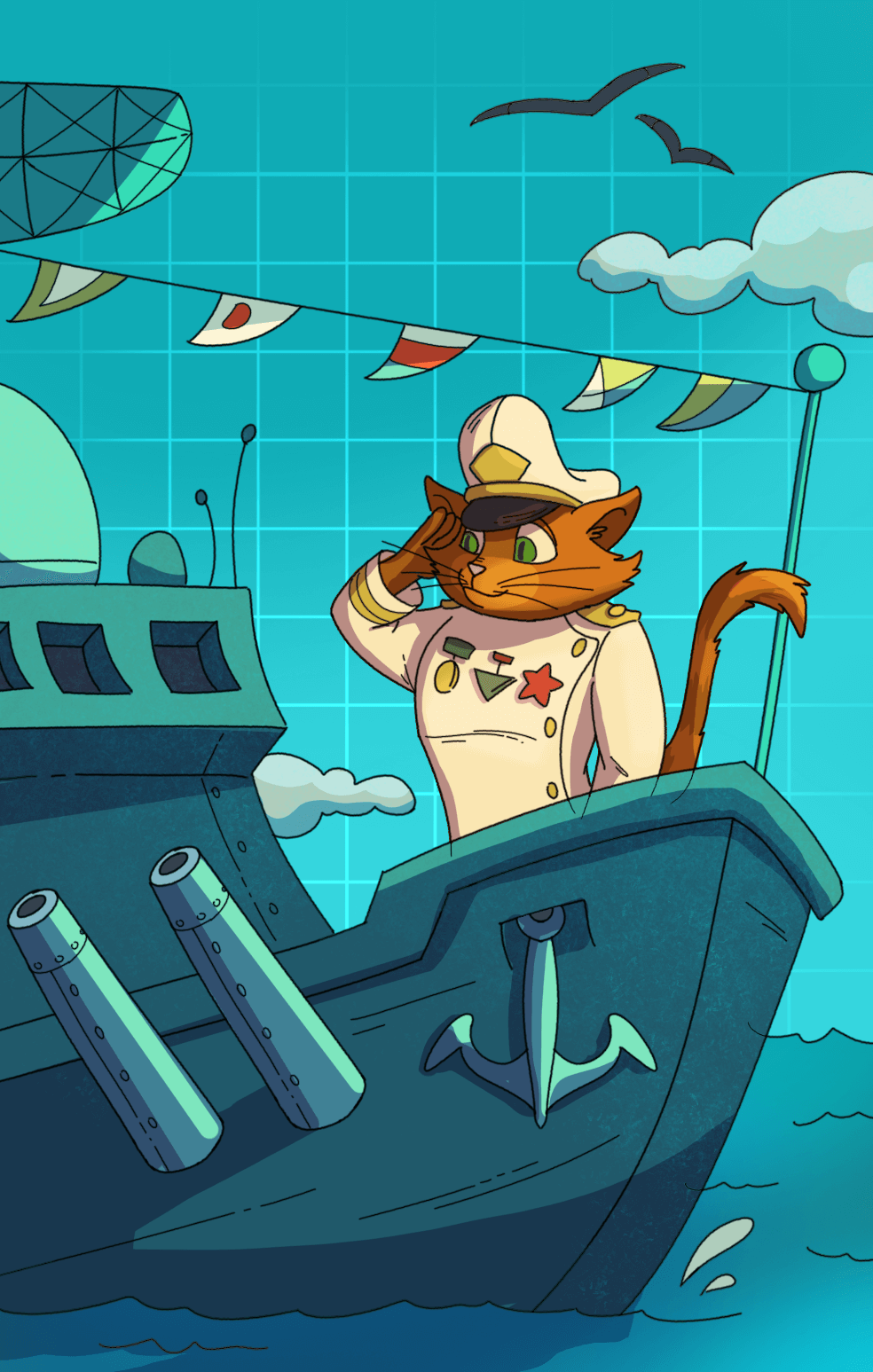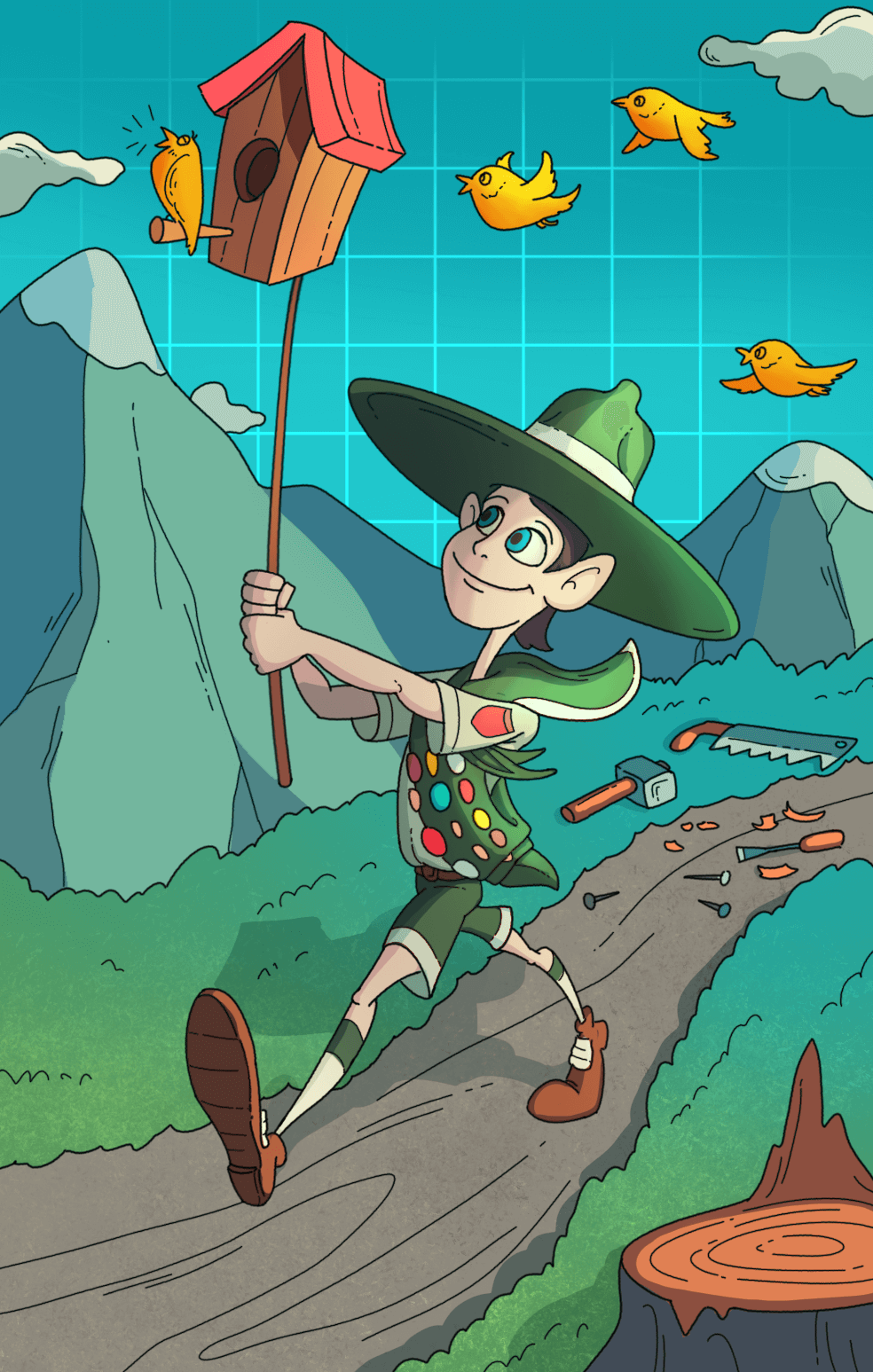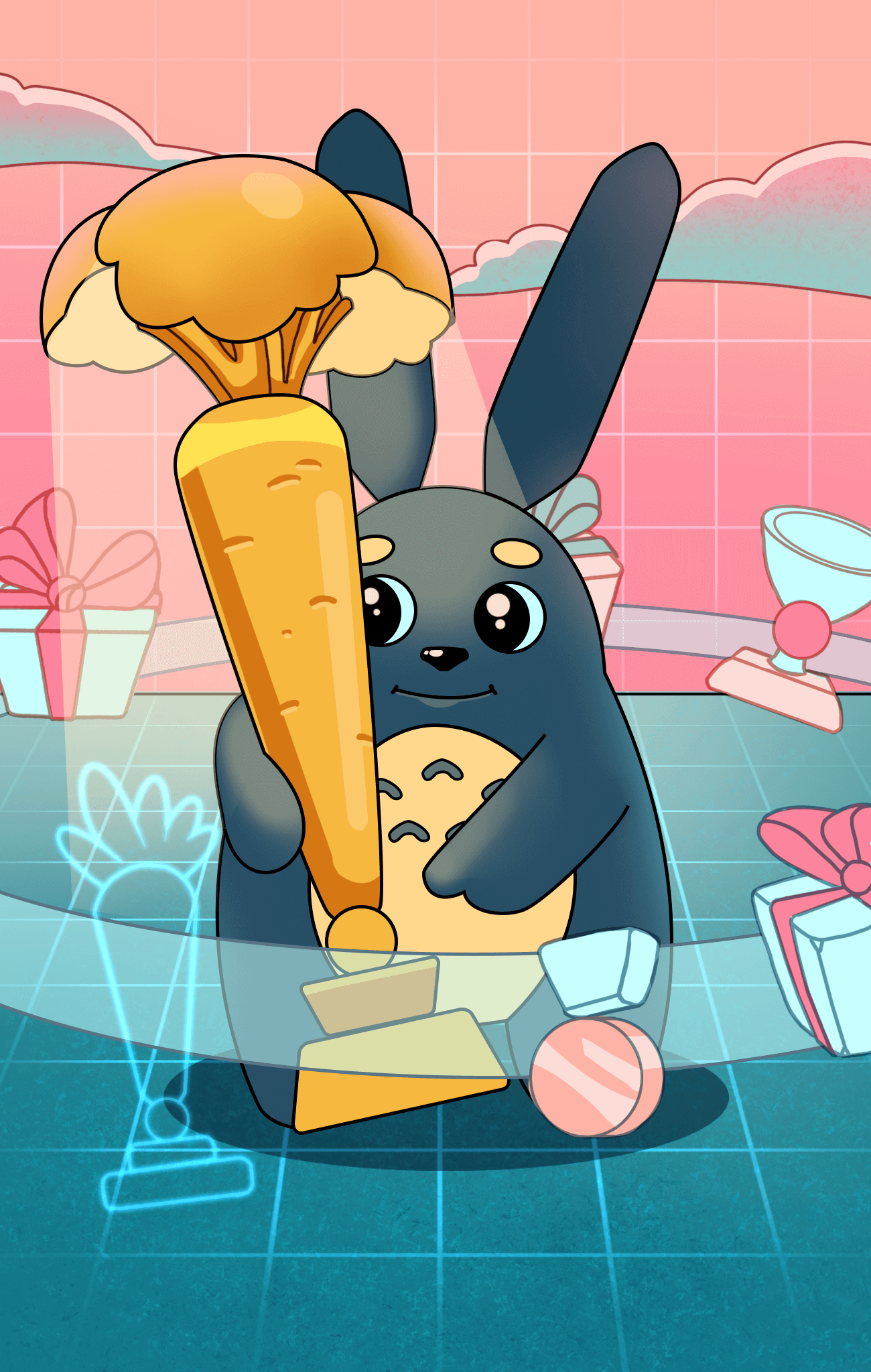
Badges
Badges are one of the most fundamental gamification mechanics. Their function is to provide high-quality, informative feedback for the users, highlighting the win of specific achievements in the game.
Badges are relevant to the "Insignias" category, and contrary to other types (levels, ranks, and statuses), emphasize the user's achievements that are hard to or can not be quantitatively measured.
Badges are relevant to the general layer of feedback in the model of gamification (see Model)
Badges are relevant to the "Insignias" category, and contrary to other types (levels, ranks, and statuses), emphasize the user's achievements that are hard to or can not be quantitatively measured.
Badges are relevant to the general layer of feedback in the model of gamification (see Model)
Categories
Strong effect
Badges are one of the key elements of gamification. The users can effectively adjust their behavior with badges. The user can more deeply learn the game's set of values by exploring the system of badges as well as by earning or opening them. The availability of Badges indicates to the users that not only the work itself but also its quality is important.
Weak effect
The system of Badges is often based on quantitative indicators (making one action one hundred times grants one badge, its thousandfold repetition — another). When the system is only set up on such badges, its value to the user will be minimal. The badge has an exceptional value when it makes a user stand out, for instance, "has never been late for class during the term," "handed in all papers on time," "never refused requested help," etc. You should also note that those badge systems that allow every user to collect all available badges do not emphasize the exclusivity of any user.
Duration of the effect
A game that can be completed by earning all the badges of interest is suitable for short-term objectives. When the gamification is of a long-term nature, you should not only set up a wide variety of Badges but also the system of updating and rotation.
What can I do with this?
Gain
Earning badges is one of the simplest yet efficient motivating mechanics of any game, as it can highlight the user's non-obvious achievements in contrast to the achievements of other users.
Search for
Some Badges may be hidden from users. Thus, the players themselves must figure out how to open them in the game.
Interact
The availability of interactive badges can spark additional interest in users. Like when they can be examined, rotated, or opened for more information. Those types of actions not only increase the time spent by users in the game but also help the players memorize additional information about the game, thus making them emotionally engaged.
Accumulate
When the badges are perceived as a value themselves, the user's satisfaction level and in-game status rise as their number increases. The ability to accumulate badges is another motivating mechanic for completing the actions for which the game was designed.
Collect
Specific collections of themed badges may be a part of more complex games. These collections simplify the users' guidance, allowing them to instantly figure out useful in-game choices they can make.
Convert
It is advisable to make the badges perceived as the means and not the goal for them to be of a greater and more long-lasting value. The badges should be accumulated not for the sake of their amount or interesting collectibles gathering but rather to obtain or discover new in-game features.
Demonstrate
The demonstration of the badges earned is a crucial mechanic that allows players to claim their achievements and display them to others.
